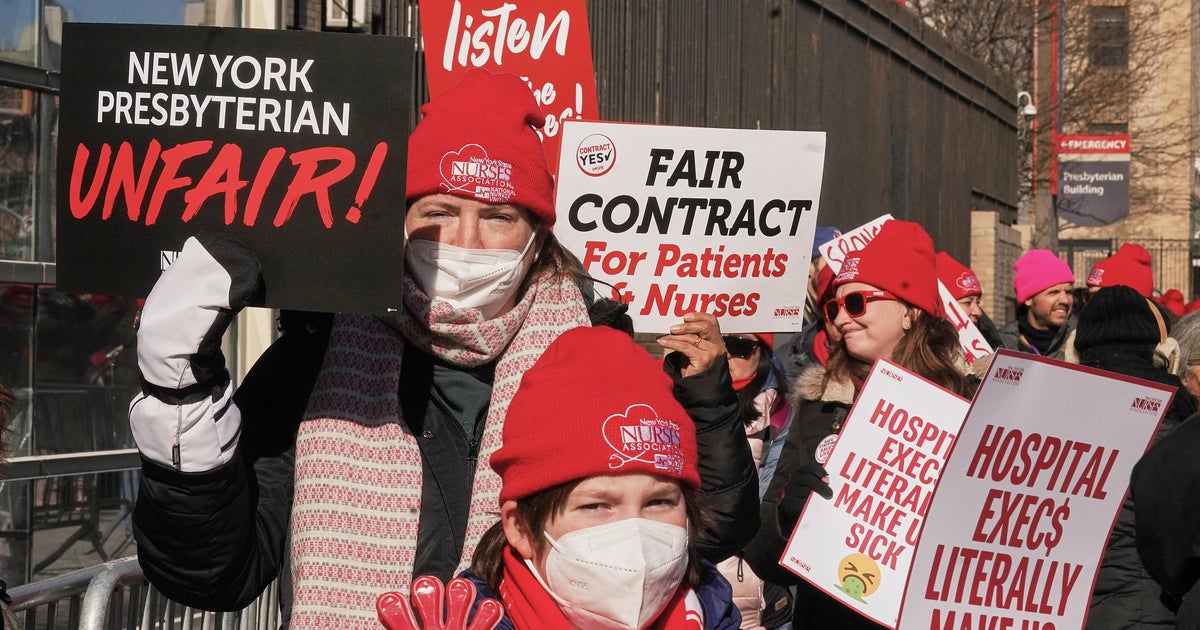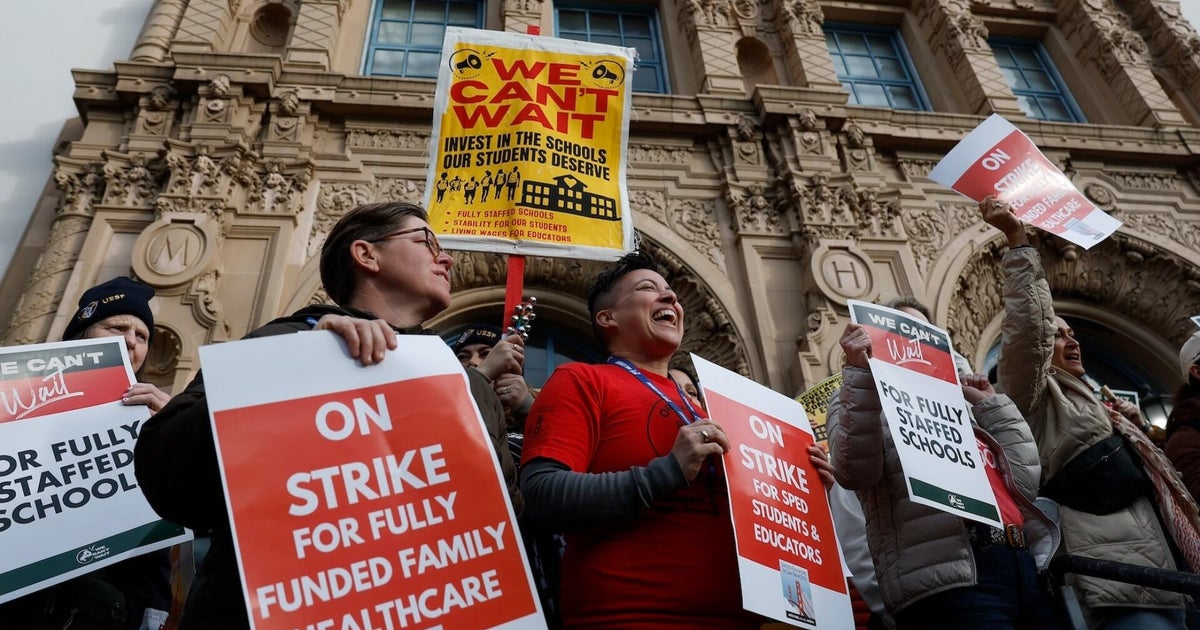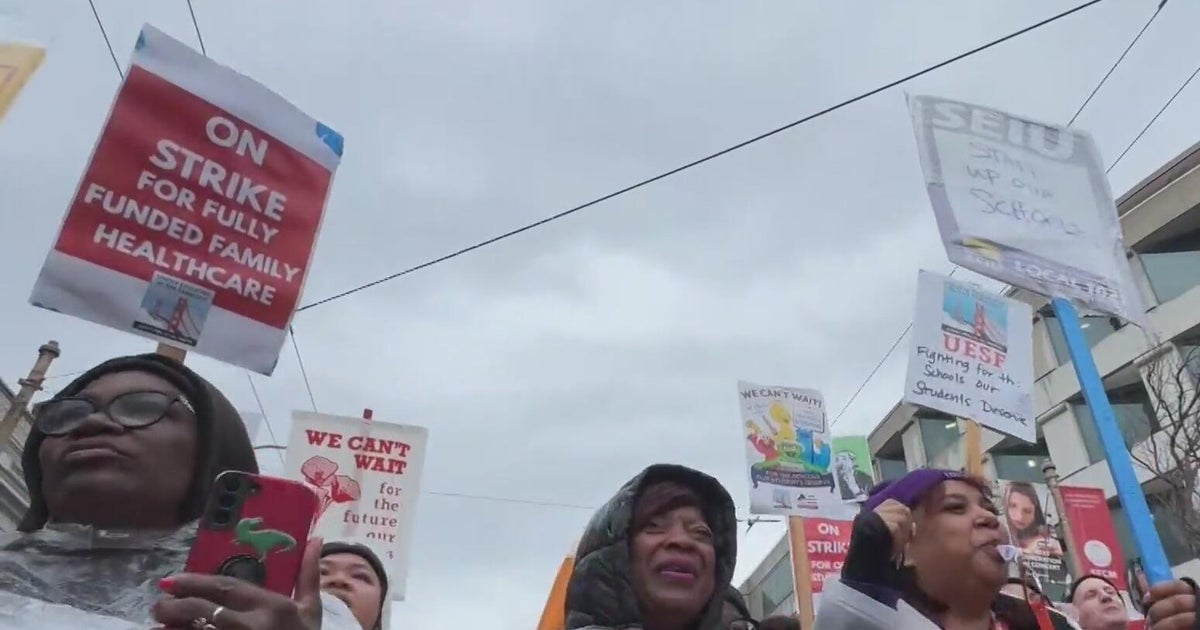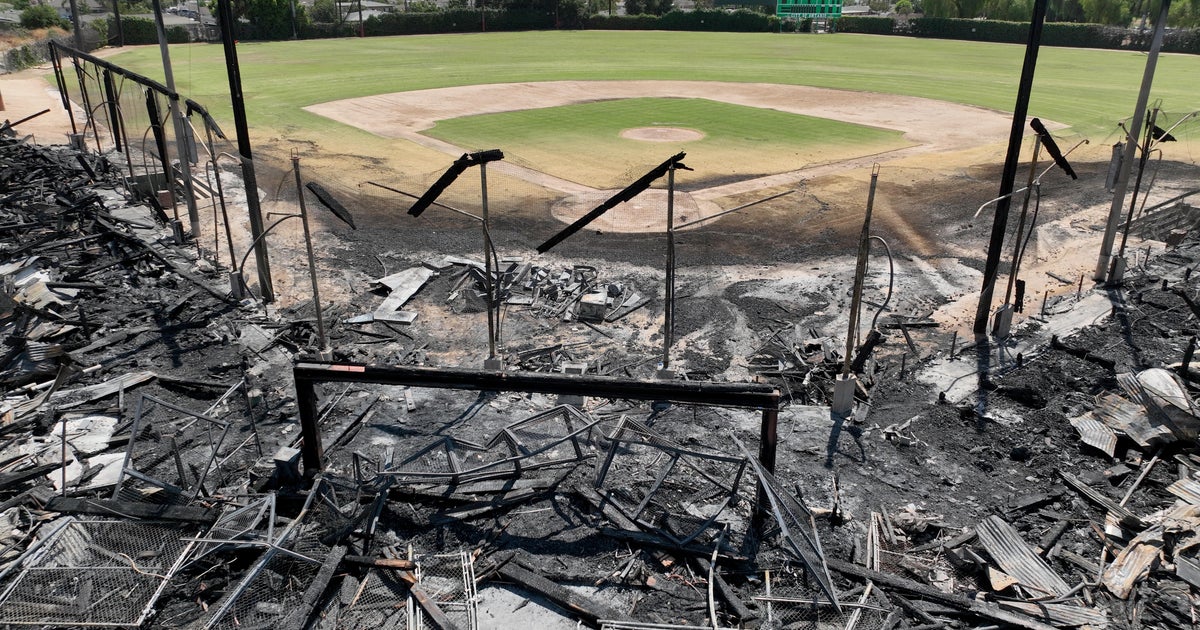Hollywood studios offer counterproposal to screenwriters in effort to end strike
The striking Writers Guild of America is evaluating a counterproposal from major Hollywood studios that, if agreed upon, would allow union members to resume working after more than 100 days of the walkout.
The WGA said it will respond to the offer from the Alliance of Motion Picture and Television Producers (AMPTP) this week, as financial losses for the industry mount. Experts estimate the total hit to California's economy now amounts to an estimated $3 billion.
The offer from the AMPTP, which represents eight major studios, came Friday, the WGA said.
"Sometimes more progress can be made in negotiations when they are conducted without a blow-by-blow description of the moves on each side and a subsequent public dissection of the meaning of the moves," the WGA said in a statement.
It added, "That will be our approach, at least for the time being, until there is something of significance to report, or unless management uses the media or industry surrogates to try to influence the narrative."
The AMPTP's proposal addresses major sticking points over which the writers' union is striking, including studios' use of artificial intelligence to supplant writers, the disclosure of streaming viewership data, and the preservation of so-called writers' rooms on television series. (CBS News is owned by Paramount Global.)
Hollywood writers are focused on maintaining the "sustainability of their profession," Elaine Low, a staff writer for The Ankler who covers the business of Hollywood, told CBS News.
"And so they're looking for staffing minimums, they're looking for duration of employment minimums, and they're looking for regulation over the oversight of artificial intelligence, which has really come to the forefront as a major issue when you talk to folks on the picket lines every day," Low noted.
Studios' use of artificial intelligence is also a primary concern for Hollywood actors, whose union, the Screen Actors Guild-American Federation of Television and Radio Artists (SAG-AFTRA), went on strike last month.
What's in the counterproposal?
The AMPTP's offer includes concessions related to disputes over the use of artificial intelligence, access to viewer data and residual payments, Bloomberg reported, citing people familiar with the matter.
According to the proposal, the AMPTP said it will ensure humans will not be replaced by artificial intelligence in screenplay production, Bloomberg reported. It has also agreed to share streaming viewership data, including how many hours viewers spend watching a particular show, to let writers in on how widely watched their programs are.
With regard to residual payments, which writers argue have eroded with the rise in streaming, the union has offered WGA members a more than 20% increase in residual payments when their shows re-air on new networks, according to the report.
Why are writers on strike?
Another issue at stake for writers is the preservation of so-called writers' rooms.
"The thing that's happened with the streaming economy ... is that writer's rooms have literally gotten smaller," Low said. Back in the day, a show typically employed 15 to 20 writers to write scripts for shows in development.
"These days, there are things called 'mini-rooms,' which are smaller rooms there are maybe only three to five writers in a room, and they work for fewer weeks in a year," Low said. "So there just isn't the kind of regularity in the profession and the kind of stability in the profession that existed before."
To quell these concerns, the AMPTP has proposed 5% salary increases and a minimum duration of work for writers in "mini-rooms," Bloomberg reported.
Neither the WGA or SAG-AFTRA responded to CBS MoneyWatch's requests for comment.







